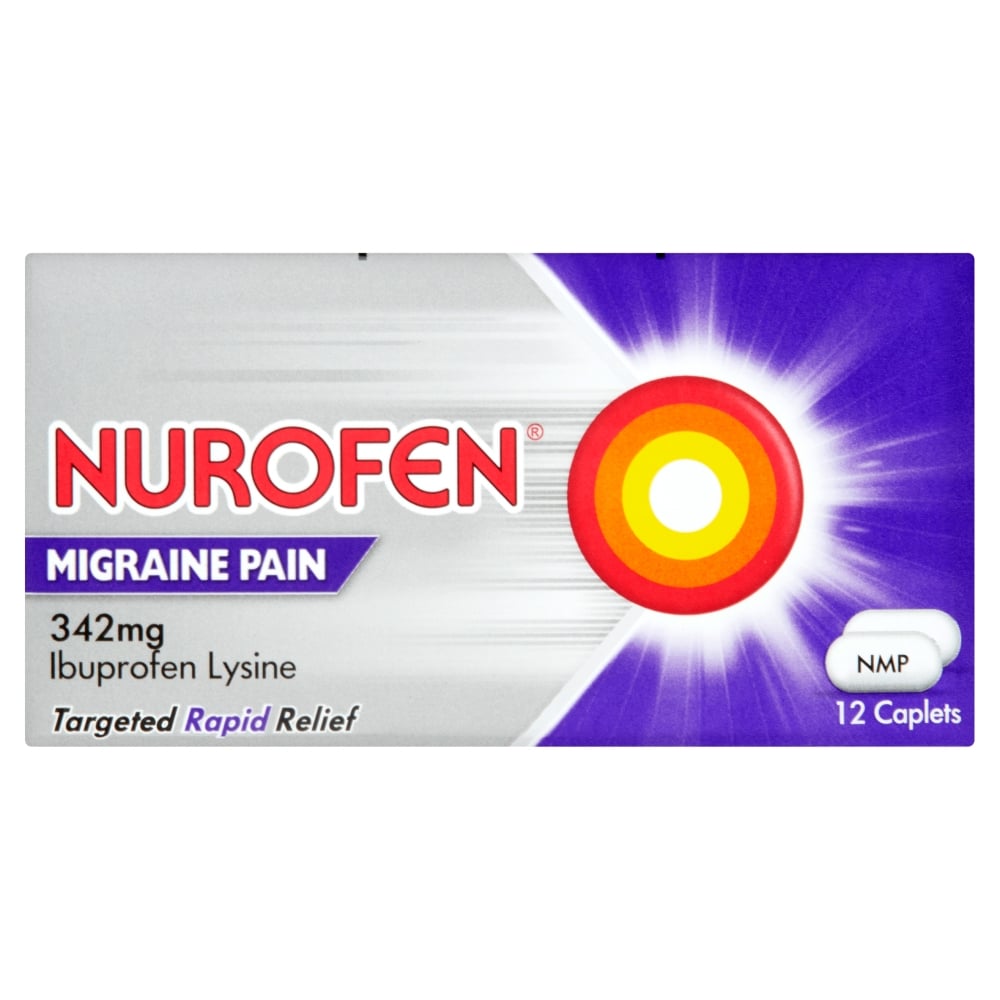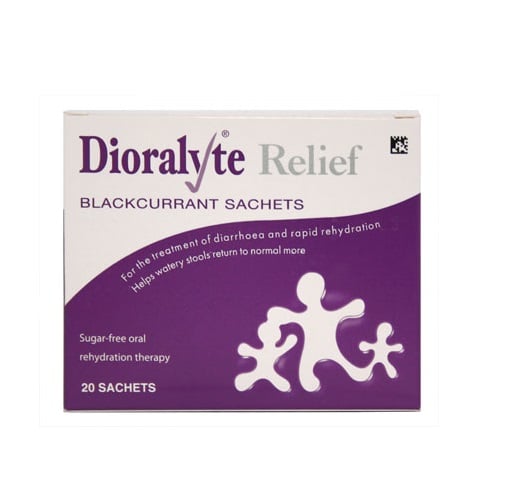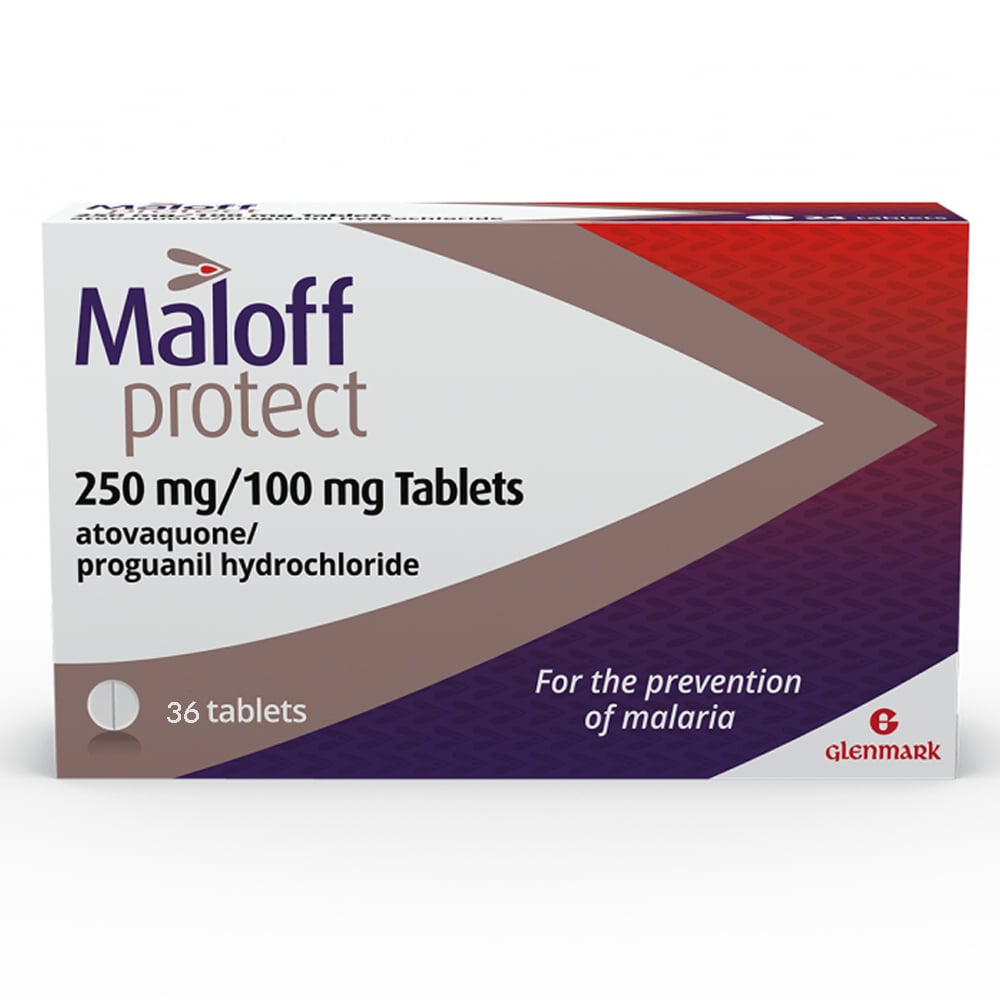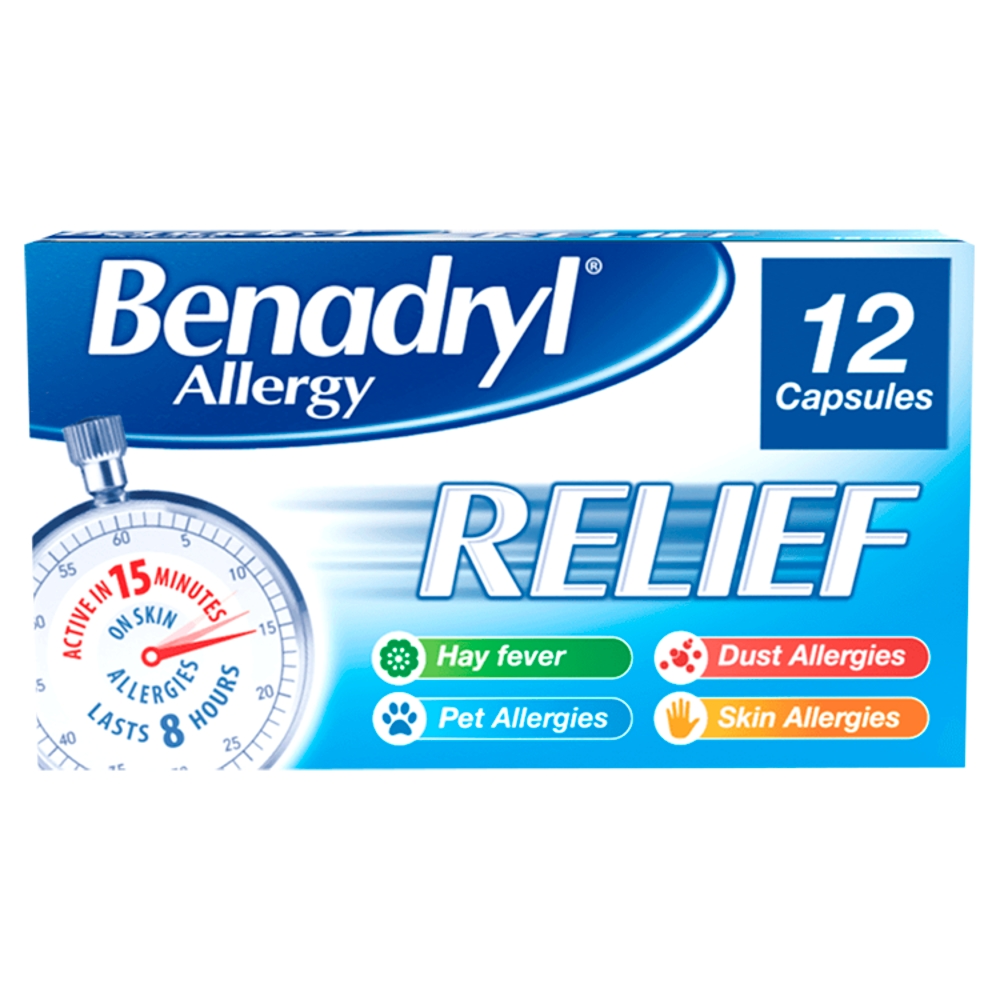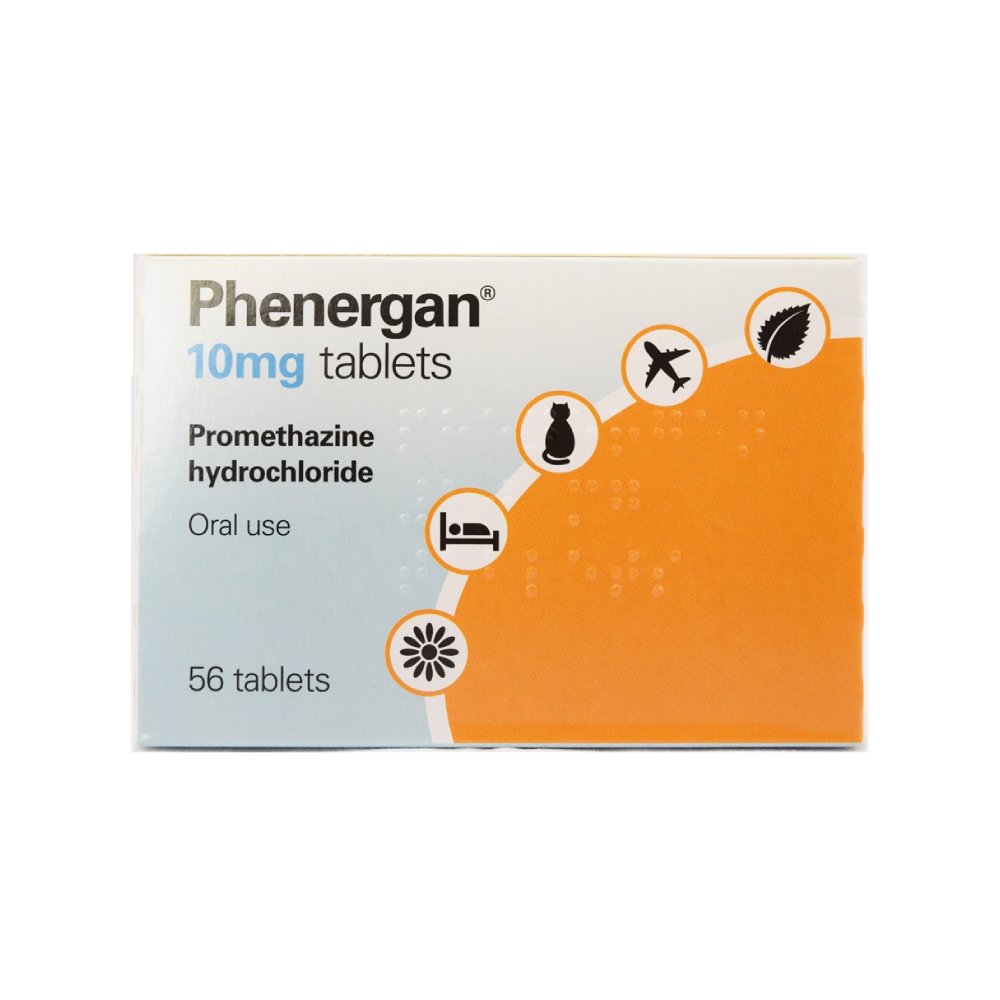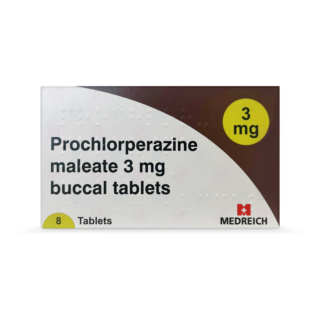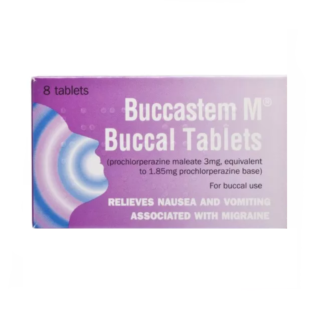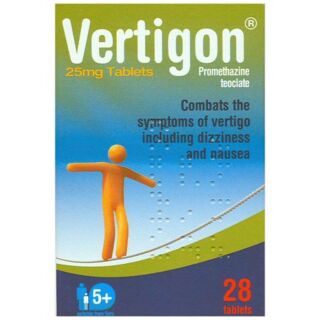Nausea
Everyone knows the feeling. Your stomach starts to feel a bit uneasy, and this uneasiness begins to rise to your throat. Are you going to be sick, or do you just feel sick? Either way, this is nausea, and it can be all consuming when it’s happening. … Read More See less
There are no limits to who can feel nausea, with it affecting children and adults alike.1 Often, nausea is triggered by a health condition, which tends to cause nausea that gradually goes away on its own.2 But it can be related to other things, like pregnancy. On average, 69.4% of pregnant women experience nausea and vomiting, also known as ‘morning sickness’.1,3
But no matter the cause of your nausea, or how long you’ve been feeling nauseas for, it is extremely unpleasant. So, let’s discuss when to see a GP for nausea, how to stop nausea and the anti-nausea medications you can get over the counter in the UK.
What is nausea?
Nausea is the feeling you get in your stomach and throat when you feel like you need to vomit.1 Vomiting means to empty your stomach contents via your mouth.1 The feeling of nausea is a result of your stomach muscles squeezing (contracting) together to force your stomach’s contents up through your oesophagus and out through your mouth.1
Nausea can occur with or without vomiting.1 It isn’t usually a sign of anything serious but indicates that your body is trying to get rid of harmful substances in your stomach or that you’re having a reaction to something that’s irritated your gut.4 As a result, nausea isn’t a disease but a symptom or side effect of various conditions, infections and medications.1
Nausea symptoms
Alongside feeling like you’re going to be sick, you may:1,4–6
- Feel dizzy and lightheaded
- Have difficulty swallowing
- Feel uneasy in your stomach
- Lose weight
- Struggle to eat
- Have diarrhoea
- Have a fever
- Feel generally unwell
- Feel full after only eating a small amount of food
- Sweat
- Have a headache
When to see a GP for nausea
You should make an appointment with your GP if you are feeling nauseas and:2
- Don’t feel better within a few days
- Keep getting frequent bouts of nausea
They will ask you some questions and review your medical history to assess whether they can identify the cause of your nausea.2
You should call your GP if your child is nauseas and has:5
- Stomach pains
- A headache
- A stiff neck
- Pain in the lower right corner of their abdomen
When to call 999
You should seek emergency treatment if you suddenly feel sick and have:2
- Chest pain that feels tight or heavy
- Pain that spreads to your arms, back, neck or jaw
- Shortness of breath
These symptoms together could indicate that you’re having a heart attack and need immediate care.2
Complications of nausea
The main complication of nausea is dehydration due to water loss.1 Children are more likely than adults to become dehydrated due to vomiting as they may be unable to express that they feel dehydrated, and their carer(s) may not recognise the signs.1 However, adults usually notice the symptoms and can make sure they start to take in fluids.1
The signs of dehydration in children include:1
- Dry lips
- Dry mouth
- Sunken eyes
- Rapid breathing or pulse
Causes of nausea
You might feel sick for a variety of reasons:1,2,4,8–
- Motion sickness – if your inner ear sends different signals to your brain than those your eyes are seeing, you can become confused, which can lead to nausea
- Pregnancy – sickness is a common pregnancy symptom, caused by a variety of factors including an increase in hormones like human chorionic gonadotropin (HCG) and oestrogen
- Viruses (e.g. norovirus) and infections (e.g. flu) – viruses and infections cause inflammation in your gastrointestinal system which can lead to vomiting
- Gastrointestinal conditions (e.g., peptic ulcers, gastritis and gastroparesis) – for example, gastritis is an inflammation of the stomach lining, which can cause vomiting
- Food poisoning – if you eat food that’s gone off, vomiting is your body’s way of getting it out of your system so that it doesn’t cause more harm
- Indigestion, heartburn and acid reflux – sometimes the acid from your stomach can irritate your stomach lining or throat, causing nausea and other symptoms
- Migraines – you may feel sick or be sick when you have a migraine because of the connection between your brain and your gut
- Vertigo – your inner ear is involved in helping you to balance, but it also affects your body’s vomiting response
- Excessive intake of alcohol – alcohol is converted into acetaldehyde by your liver. However, the liver can only process so much acetaldehyde at a time, so if there’s too much your body will remove it via vomiting
- As a side effect of medications (e.g. chemotherapy) – chemotherapy drugs trigger the vomiting centre in your brain, either directly or indirectly by stimulating nerves in your digestive tract
- Anxiety – anxiety can trigger your fight, flight or freeze response in the face of a perceived threat. This response can affect your digestive system
- Recent surgery – sickness is a side effect of the drugs used in anaesthesia
- Brain tumours – brain tumours can increase the pressure inside your skull, causing vomiting
- Meningitis – meningitis is caused by inflammation of the membranes surrounding the brain and spinal cord, which can lead to vomiting
- Concussions – damage to the brain can disrupt its ability to regulate your digestive system
- Encephalitis – encephalitis is an inflammation of the brain, which can affect your brain’s vomiting centre
- Appendicitis – appendicitis is an inflammation of the appendix, which can irritate the stomach and trigger nausea
How to stop feeling nauseas?
Nausea and vomiting usually goes away on its own, but you can try and relieve it by:1,2
- Getting fresh air
- Distracting yourself from the feeling, for example by watching a film
- Taking small, regular sips of a cold drink
- Drinking ginger or peppermint tea
- Eating foods containing ginger, like ginger biscuits
- Eating small, frequent meals to avoid nausea after eating
- Eating light, bland foods
- Eating slowly
- Resting
You can also treat nausea and vomiting using anti-sickness tablets, such as:4,26–29
- Cyclizine – a prescription antihistamine that works by blocking a chemical called histamine in your brain that can cause you to feel sick
- Promethazine – an over-the-counter and prescription antihistamine that relieves nausea due to motion sickness or vertigo
- Metoclopramide – a prescription anti-sickness medicine that can prevent nausea after radiotherapy or chemotherapy (during cancer treatment), during a migraine or after surgery
- Prochlorperazine – an over-the-counter anti-sickness medicine that can be used to treat sickness due to pregnancy, migraines, vertigo, motion sickness and more
Sources
- https://my.clevelandclinic.org/health/symptoms/8106-nausea--vomiting
- https://www.nhs.uk/symptoms/feeling-sick-nausea/
- https://cks.nice.org.uk/topics/nausea-vomiting-in-pregnancy/background-information/prevalence/
- https://www.nhsinform.scot/illnesses-and-conditions/stomach-liver-and-gastrointestinal-tract/vomiting-in-adults/
- https://www.hopkinsmedicine.org/health/conditions-and-diseases/nausea
- https://www.mayoclinic.org/symptom-checker/nausea-or-vomiting-in-adults-adult/related-factors/itt-20009075
- https://www.mayoclinic.org/symptoms/nausea/basics/causes/sym-20050736
- https://health.clevelandclinic.org/why-do-i-have-nausea-after-i-eat
- https://www.nhs.uk/conditions/motion-sickness/#:~:text=Motion%20sickness%20is%20caused%20by,cause%20you%20to%20feel%20unwell.
- https://my.clevelandclinic.org/health/diseases/16566-morning-sickness-nausea-and-vomiting-of-pregnancy
- https://my.clevelandclinic.org/health/diseases/17703-norovirus
- https://www.hopkinsmedicine.org/health/conditions-and-diseases/gastritis
- https://my.clevelandclinic.org/health/diseases/21167-food-poisoning
- https://www.nhs.uk/conditions/indigestion/#:~:text=Indigestion%20is%20often%20caused%20by,and%20fatty%20or%20spicy%20foods
- https://www.healthline.com/health/migraine/why-does-throwing-up-relieve-migraines#other-symptoms
- https://my.clevelandclinic.org/health/symptoms/21769-vertigo
- https://my.clevelandclinic.org/health/diseases/15227-vestibular-neuritis
- https://www.medicalnewstoday.com/articles/throwing-up-after-drinking#:~:text=However%2C%20the%20liver%20can%20only,of%20activity%20from%20enzyme%20systems.
- https://www.cancerresearchuk.org/about-cancer/coping/physically/sickness/causes/cancer-treatment#:~:text=You%20feel%20sick%20because%20the,message%20to%20the%20vomiting%20centre.&text=Some%20people%20may%20be%20more,dizziness%20and%20vertigo%20(vestibular%20disturbance)
- https://www.rcoa.ac.uk/sites/default/files/documents/2024-12/Risk-Sickness2024.pdf
- https://www.macmillan.org.uk/cancer-information-and-support/brain-tumour/signs-and-symptoms-of-a-brain-tumour#:~:text=A%20tumour%20can%20increase%20the,headaches%2C%20feeling%20sick%20and%20vomiting.
- https://www.ninds.nih.gov/health-information/disorders/meningitis#:~:text=What%20is%20meningitis?,Stiffness%20in%20the%20neck
- https://neuliferehab.com/head-injuries-and-vomiting/
- https://www.mayoclinic.org/diseases-conditions/encephalitis/symptoms-causes/syc-20356136
- https://www.drklause.com/blog/4-telltale-signs-of-appendicitis#:~:text=Nausea%20and%20vomiting,or%20an%20urge%20to%20vomit
- https://www.nhs.uk/medicines/cyclizine/about-cyclizine/
- https://www.nhs.uk/medicines/metoclopramide/about-metoclopramide/
- https://www.nhs.uk/medicines/prochlorperazine/about-prochlorperazine/
- https://www.nhs.uk/medicines/promethazine/about-promethazine/

Free delivery when you spend over £39

100% discreet delivery for every item ordered

Fully regulated UK pharmacy
Are there any non-drowsy travel sickness tablets?
Most travel sickness tablets can make you feel drowsy, although this can differ from person to person.
If you’re planning on driving and are worried about travel sickness tablets making you feel drowsy, we’d recommend asking someone else to drive if possible or using a remedy that isn’t medicated, such as a travel sickness wristband.
If these options aren’t going to work for you, ask your doctor or pharmacist for advice.
Can children take travel sickness tablets?
If other treatments haven’t worked, you can give your child a travel sickness tablet to make travelling more comfortable.
An over-the-counter drowsy antihistamine like children’s Benadryl or Kwells may be effective at relieving your child’s sickness.
But not all travel sickness medication will be suitable for children, so always speak to a doctor or pharmacist for advice before giving it to your child.
How do you cure motion sickness?
Although there’s no cure for motion sickness, there are ways to make managing your symptoms a little easier.
There are tablets that you can take for motion sickness, like promethazine hydrochloride, that can help to prevent you from feeling nauseous and vomiting.
There are also other options you can try, like avoiding caffeine and alcohol, and adding a distraction like listening to music (reading or watching a film tend to make symptoms worse).
Wearing a pressure band that applies electrical stimulation to an area may help, but studies are limited.
What is motion sickness?
Motion sickness, also known as travel sickness, car sickness, or seasickness, is when you start to feel nauseous and may even throw up when you’re travelling by car, aeroplane, or boat.
It mostly happens when you’re going on long journeys, so you’re particularly vulnerable when you’re going away on holiday, but it can happen on shorter trips too.
Motion sickness typically doesn’t affect those younger than 2 or older than 50, so if you’re a 40-something who’s struggling with travel sickness, you’ll be glad to know that the end could be in sight!
So, what causes these bouts of nausea and vomiting when you’re on the move? Let’s find out…





